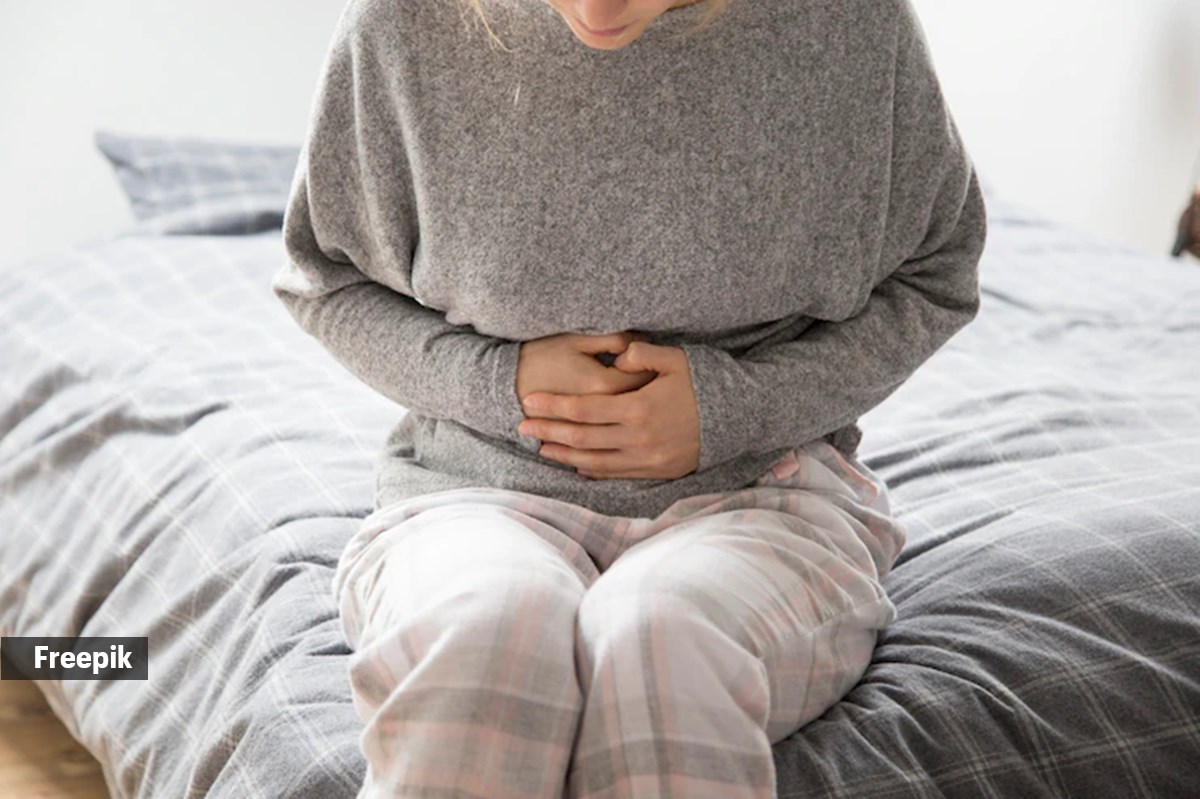- India
- International
Celina Jaitley pens emotional note: ‘Entered the fashion industry at 15, had to be hospitalised monthly due to dysmenorrhea’
"I also suffered from severe acne and very severe endometriosis and had to be hospitalised almost every month during my menstruation due to severe dysmenorrhea and blood loss, so it was an incredibly intense life for a child who had many dreams and aspirations," she wrote.
 Jaitly, who first gained fame by winning the title of Femina Miss India in 2001 and subsequently becoming the fourth runner up at the Miss Universe, penned an emotional note about how her journey has been full of challenges. (Source: Instagram/ Celina Jaitly)
Jaitly, who first gained fame by winning the title of Femina Miss India in 2001 and subsequently becoming the fourth runner up at the Miss Universe, penned an emotional note about how her journey has been full of challenges. (Source: Instagram/ Celina Jaitly) Recently, actor Celina Jaitly opened up about her journey in the fashion industry and the struggles she faced in her career. Jaitly, who first gained fame by winning the title of Femina Miss India in 2001 and subsequently becoming the fourth runner up at the Miss Universe, penned an emotional note about how her journey has been full of challenges.
Taking to Instagram, Jaitly recalled how she faced ‘constant criticism and rejection’ on every turn. Along with the note, she also posted an old video as she took part in the Miss Universe contest. “This year marks 22 years since I became a runner up at the @missuniverse pageant held in SanJuan, Puerto Rico in 2001 right after India’s great triple wins at Ms Universe, Ms World & Miss Asia Pacific the year before (@LaraDutta @priyankachopra @deespeak),” she wrote.
She continued, “Amongst 103 contestants at only 5 ft 6 inches (I was one of the shortest contestants that year) yet I went on to become a runners up, a moment of great pride for me, upholding my country’s and my predecessor’s legacy. I entered the fashion industry at a very young age (15) after being scouted at an army party. The struggles that one went through in a new and upcoming fashion industry in a not-so-open-minded Kolkata was not easy, plus the pressure of studies and competitive exams made my entire teenage a journey of hard work and toil.”
View this post on Instagram
Jaitly further revealed that she suffered from severe endometriosis and dysmenorrhea as well. “I also suffered from severe acne and very severe endometriosis and had to be hospitalised almost every month during my menstruation due to severe dysmenorrhea and blood loss, so it was an incredibly intense life for a child who had many dreams and aspirations,” she penned.
In the note, she also shared that many times she wouldn’t get paid for her “hard work,” and due to lack of industry regulations, her pictures were being used without her consent.
The actor also said she had to ‘hear any derogatory things about all the things that made me unique’ and was criticised for being ‘too white, too thin, not tall enough or too tall.’

Towards the end of the note, she said beauty is a “powerful tool of persuasion,” and added that she is thankful for the opportunity to represent the country on various platforms–as an actor, brand ambassador and activist. “Having said that: Being beautiful is not being “born beautiful” It is striving lifelong, to live and achieve your maximum potential as a human being,” she concluded.
So, what is dysmenorrhea?
 It is a common condition experienced by many menstruating individuals– typically occurring just before or during the menstrual period. (Source: Freepik)
It is a common condition experienced by many menstruating individuals– typically occurring just before or during the menstrual period. (Source: Freepik)
According to Dr Ritu Sethi, Director, Aura Speciality Clinic, Gurgaon, and Senior Consultant- Cloud Nine Hospital, Gurgaon, dysmenorrhea is a medical term used to describe painful menstruation or menstrual cramps. It is a common condition experienced by many menstruating individuals– typically occurring just before or during the menstrual period.
There are two types of dysmenorrhea–primary and secondary. “The exact cause of primary dysmenorrhea is not fully understood, but it is believed to be related to the natural hormonal changes and uterine contractions that occur during menstruation. Higher levels of prostaglandins can lead to increased uterine contractions and stronger pain sensations,” Dr Sethi said.
On the other hand, the expert noted that secondary dysmenorrhea is caused by an underlying medical condition that affects the reproductive system. “Some common causes include endometriosis (endometrium grows outside the uterus), uterine fibroids, adenomyosis, pelvic inflammatory disease (PID) and ovarian cysts.”
The symptoms of dysmenorrhea can vary in severity and duration. “Common symptoms are menstrual cramps, lower back pain, nausea and vomiting, diarrhea or constipation, headaches, fatigue, bloating and mood changes,” Dr Sethi explained.
While managing dysmenorrhea, there are several precautions and self-care measures you can take to help alleviate symptoms and promote overall well-being:
*Maintain a healthy lifestyle: Eat a balanced diet, exercise regularly, and get enough sleep to support your overall health. A healthy lifestyle can help manage hormonal fluctuations and reduce the severity of menstrual symptoms.
*Stay hydrated: Drink an adequate amount of water to help reduce bloating and fluid retention commonly associated with dysmenorrhea.
*Manage stress: Stress can exacerbate menstrual symptoms. Engage in stress-reducing activities such as meditation, deep breathing exercises, or engaging in hobbies and activities you enjoy.
*Apply heat: Use a heating pad or take a warm bath to apply heat to your lower abdomen. Heat can help relax muscles and alleviate menstrual cramps.
*Take over-the-counter pain relievers, as directed: If you choose to use over-the-counter pain relievers, follow the recommended dosage instructions and precautions. Speak to a healthcare professional or pharmacist if you have any concerns or questions about medication usage.
*Track your menstrual cycle: Keep track of your menstrual cycle and symptoms using a calendar or a menstrual tracking app. This can help you anticipate when your period is due and prepare for any potential discomfort.
*Consider hormonal contraception: If appropriate for your situation, discuss with a healthcare professional whether hormonal contraception, such as birth control pills, patches, or hormonal IUDs, may be beneficial for managing your dysmenorrhea symptoms.
📣 For more lifestyle news, follow us on Instagram | Twitter | Facebook and don’t miss out on the latest updates!
Apr 28: Latest News
- 01
- 02
- 03
- 04
- 05



























